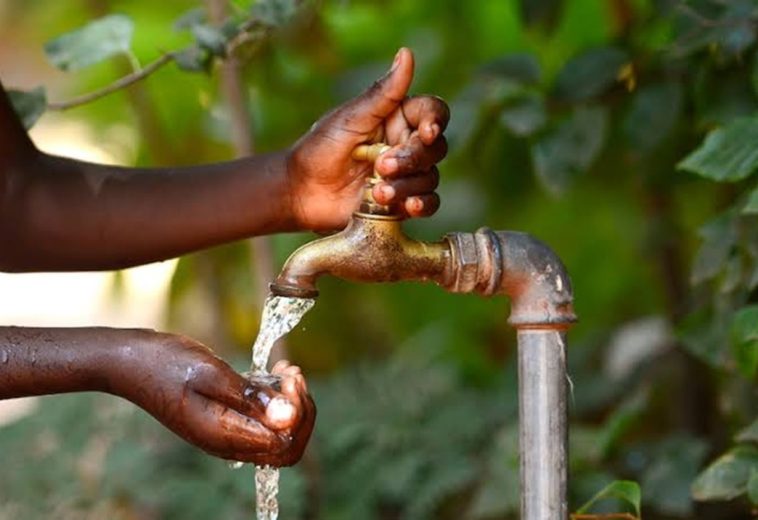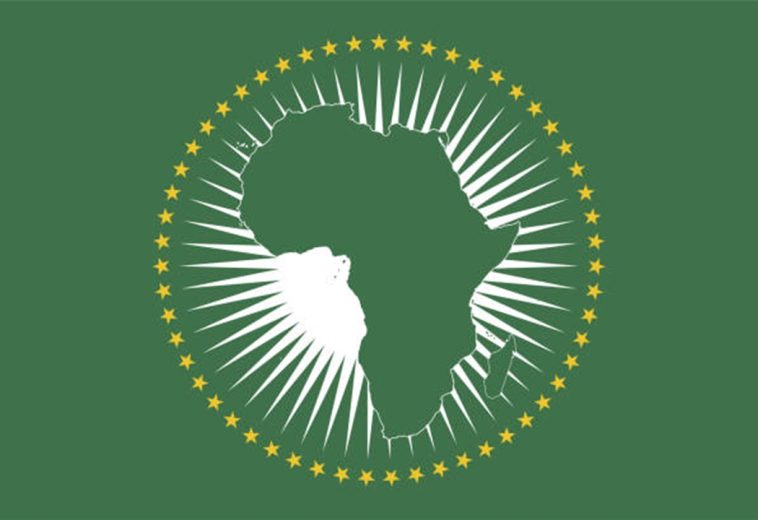In recent years, Africa has witnessed a remarkable transformation in its economic landscape, marked by a boost in wealth among its elite. With an impressive total investable wealth of approximately USD 2.5 trillion possessed by wealthy individuals, the continent is home to 135,200 millionaires, 342 centi-millionaires, and 21 billionaires. This wealth is not only a testament to the burgeoning economic potential of Africa but also holds the promise of generational wealth that can drive sustainable growth and development across the continent.
Celebrating African Millionaires and Billionaires: Symbols of Opportunity
African billionaires have emerged as pivotal figures in shaping the continent’s economic narrative. They are symbols of hope, opportunity, and resilience, showcasing the vast economic potential that Africa embodies. For instance, industry titans like Aliko Dangote, Johann Rupert, and Nicky Oppenheimer have made significant strides in sectors such as banking, real estate, agriculture, and telecommunications. Their influence extends beyond mere wealth accumulation; they create millions of jobs, foster local entrepreneurship, and contribute substantially to their countries’ GDPs.
READ ALSO: Africa’s Sovereign Wealth Funds: What 2025 Holds for Investment
The success of these individuals also serves to challenge the stereotypical narratives often associated with Africa in the global arena. Instead of being portrayed solely as a continent of poverty and despair, Africa is increasingly being recognised as a hub of innovation, creativity, and economic opportunity.
The Economic Growth Potential of Generational Wealth in Africa
The wealth amassed by Africa’s elite presents a unique opportunity for economic growth and social development. With the rise of the digital economy and the increasing adoption of technologies like artificial intelligence, there lies vast potential for transformative investments. Billionaires wield the resources, networks, and infrastructure necessary to support local entrepreneurs, particularly in tackling pressing challenges in healthcare, education, and sustainability.
Additionally, the philanthropic efforts of wealthy individuals through initiatives aimed at improving education, health access, and local entrepreneurship in their communities highlight an important aspect of wealth in Africa’s generosity. By investing in social issues, the wealthy class can catalyse broader economic benefits that reverberate through society, contributing to lifting millions out of poverty and securing long-term generational wealth.
Challenges Hindering Wealth Distribution in Africa
Despite the positive strides, the current paradigm of wealth in Africa faces several challenges. Wealth inequality remains pronounced, with a significant concentration of wealth amongst a small elite while large segments of the population struggle with basic needs. Corruption, inadequate infrastructure, and unstable political environments further impede economic opportunities and hinder sustainable growth.
Moreover, the lack of access to financial services for the majority of the population, compounded by limited entrepreneurial skills and resources, can restrict the ability of promising businesses to thrive. These barriers create a cycle of inequality that undermines the potential for generational wealth-building across communities.
Solutions for Sustainable Growth and Wealth Distribution in Africa
To ensure that the burgeoning wealth in Africa translates into long-lasting generational wealth, several solutions can be implemented:
Inclusive Financial Services
Expanding access to financial services and products tailored to the needs of small businesses and low-income individuals is crucial. Microfinance institutions and fintech solutions can bridge the gaps in funding, enabling aspiring entrepreneurs to access capital and mentorship.
Investment in Education and Skills Development
Addressing the skills gap through quality education and vocational training can empower the younger generation to innovate and succeed in various sectors. Collaborations between wealthy individuals and educational institutions can create mentorship programmes that facilitate knowledge transfer.
Strengthening Governance and Reducing Corruption
Promoting transparency and accountability within government institutions is essential for creating an environment where investments can flourish. Policies aimed at combating corruption will help foster trust and encourage both local and international investments in Africa.
Encouraging Philanthropic Investments
Wealthy individuals can be encouraged to channel a portion of their wealth towards social enterprises and sustainable initiatives that create systemic change. This can help in building robust ecosystems that support entrepreneurship and provide lasting benefits to communities.
Leveraging Technology for Growth
Billionaires can invest in tech-driven initiatives that harness local talent and equip entrepreneurs with the necessary tools to address societal challenges. Incubation hubs and innovation centres can serve as incubators for the next generation of African innovators.
The evolution of wealth in Africa is a remarkable testament to the continent’s potential and the innovative spirit of its people. By addressing the existing challenges and implementing strategic solutions, African nations can create an environment where generational wealth thrives, ultimately benefiting entire communities and setting the stage for sustainable economic growth. Investing in the future of Africa through education, infrastructure, and equitable wealth distribution can ensure that the continent’s vibrant potential is realised not just today, but for generations to come.




